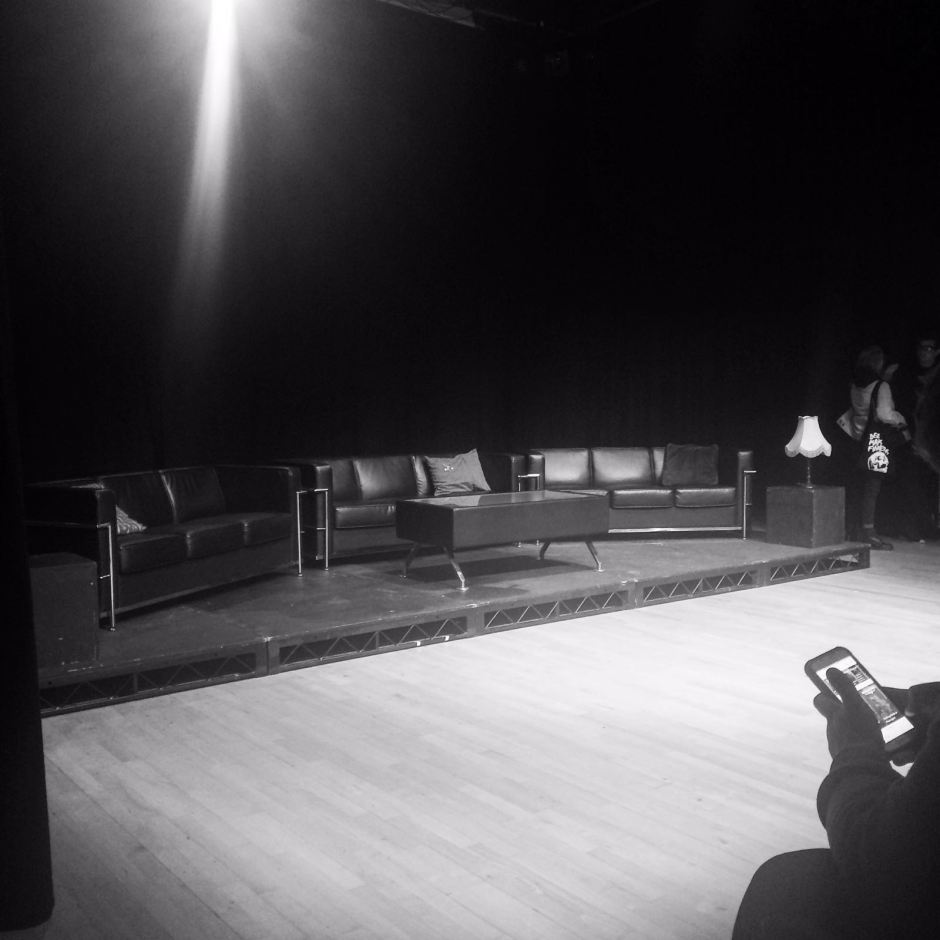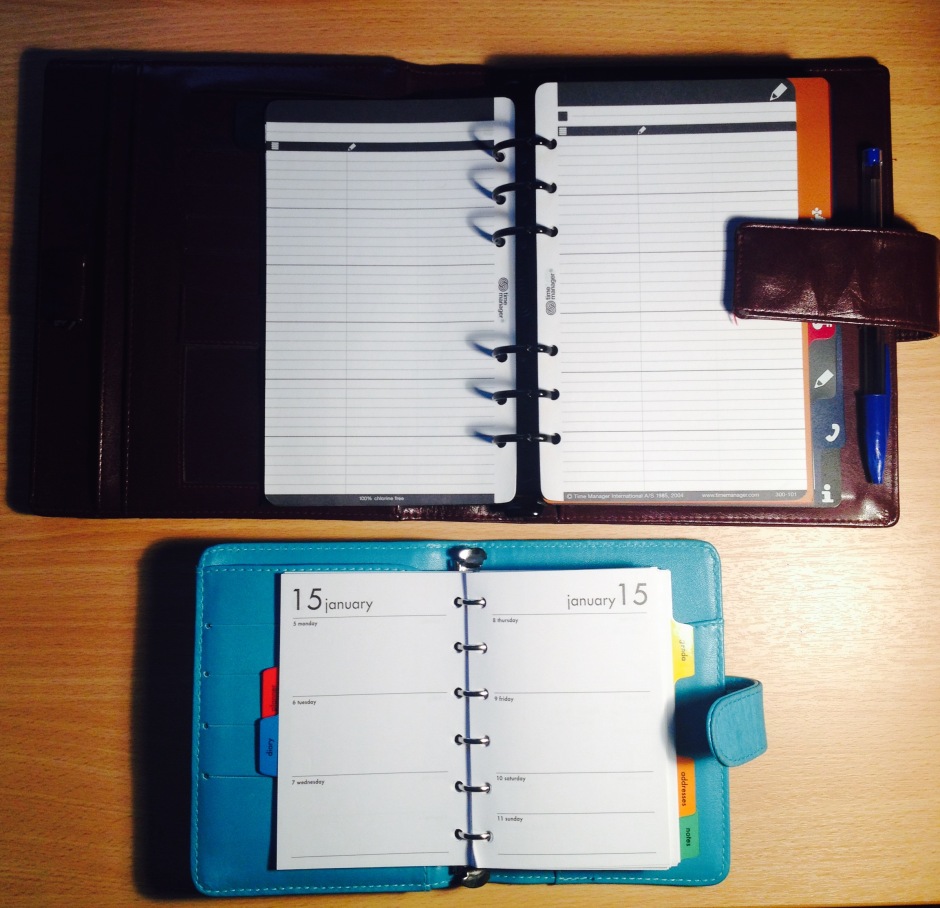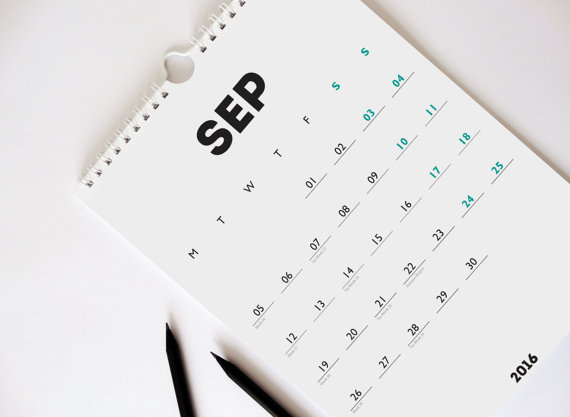On this particular late afternoon, whilst most university students are taking a break in the traditional German manner of consuming beers and sunbathing, I’ve made my way past those by the fountain to a building at the back of the main university. Here a group of three older looking students, all of different ethnicities listen intensively to today’s teacher –Nicole. A student in her fourth semester of her masters, clearly older than me, she is studying to teach German as a foreign language. An image that of a stereotypical young teacher: she’s youthful yet sophisticated, with a casual likeness about her which the students keenly admire. They’re in the middle of their four-week intensive course, and prepping for their exam in the upcoming week. Even though through circumstance Nicole has a position of authority, there’s no superiority here, throughout the three-hour lesson, there is nothing but compassion and respect between her and the five students. After I seated myself at the back of the room, two women arrived, one about the same age as me – 22, the other, evidently older and married.
As we take a break Nicole confirms what was evident: “There’s no hierarchy here, after three semesters of university that kind of gets drilled into your head”, it works and it’s fitting. The students she’s teaching aren’t just your average internationals, they’re a group of refugees, who have fled their home countries for reasons we can only imagine, and here they are given the chance to fulfil the lives they once had back at home. This Students4Refugees project allows them to learn German in order to carry on studying at university, in studies that got caught short at home “It’s something they are searching for if they had that university life back home. They can come to study in an environment like this. Others who didn’t study at home aren’t even thinking about education but the possibility is here for them”.
Before my meeting with Nicole, I met up with Janina and Mariana, who have recently joined the student led project, founded in 2014. The office in which they’re situated, is as you could expect – nothing special, just a room with the essentials on the second floor of the main building. As I politely knock, Janina gives me a quick introduction then carries on immersed in a conversation I can’t understand. I plonk myself down on the swivel chair closest to me, and recognise from research the man in which they’re deep in conversation with as the coordinator of the project. He looks unimpressionable as I sit down, and carries on with his filing duties. Discussing the evolution of the project Janina gestures across to Phi who now has his earphones saying “he took a semester free and went to all the refugee camps around the area asking if people would like to learn German”. His unresponsive and unconcerned attitude at me being there starts to make sense. This project is clearly not something he takes lightly, and it’s admirable to me, and from what I gather from Janina and Mariana, that this project was passionately put together.
Taking over a year to get confirmation from the university and its directors, the project began running in the winter semester of 2015/16. “It’s cool because it’s a lot of time, but time invested very well”. I begin to understand that the project although mainly led by master’s students – who admittedly have more free time than undergraduates – takes up an allocated amount of time to which Janina points out “There is no balance.” Their part doesn’t begin until next semester, nevertheless, the girls already understand what is to come, “It’s such big information, there is so many aspects you have to think about, like their certificates and everything”, carrying on she points out the complications of the change in rules so often placed “they change the laws almost every month about they can stay or not stay”. The learning process is a challenge for the volunteers – in which they all are – but their connection with the refugees creates a friendship and a place of comfort for them. The ease in which I watched Nicole take on the class, demonstrated this partnership that existed between the two “Every member gets a mentor, so they can meet one time a week or even more”, not only does this mentorship consist as part of the course but also outside “It’s in the private life as well, they can go the doctors or the lawyers with them, it’s private and professional.”
In a classroom where the students have been thrust into a situation beyond their control, the positivity and eagerness to learn is plentiful. Far-right politicians are gaining increasing momentum with the message of hate, however, there are those like Students4Refugees who couldn’t be more accepting “German universities are always seeking for international students, and this is an area where Germany can benefit from people coming in”. Just as love wins, here, so does diversity.



















